The Nobel Prize in Physiology or Medicine has long been regarded as the pinnacle of recognition for groundbreaking discoveries that transform our understanding of life sciences. As we look ahead to 2025, several emerging technologies and scientific breakthroughs are generating significant buzz as potential contenders for this prestigious award. These innovations not only push the boundaries of medical research but also hold immense promise for addressing some of humanity's most pressing health challenges.
CRISPR Beyond Gene Editing stands out as a frontrunner in the race for Nobel recognition. While the CRISPR-Cas9 system already earned its creators the 2020 Nobel Prize in Chemistry, subsequent developments in precision gene editing and epigenetic modifications have opened new frontiers. Scientists have made remarkable progress in base editing and prime editing technologies that allow even more accurate DNA alterations without creating double-strand breaks. These advancements could potentially correct nearly 90% of known disease-causing genetic variations, offering hope for treating previously incurable genetic disorders. The ethical implications and therapeutic applications of these refined techniques continue to captivate both the scientific community and the general public.
The field of Neuroscience and Brain-Computer Interfaces has witnessed extraordinary breakthroughs that could merit Nobel consideration. Recent developments in decoding neural signals and restoring motor function through brain implants have moved from science fiction to clinical reality. Pioneering work in creating bidirectional communication between the human brain and external devices has enabled paralyzed individuals to control robotic limbs and even regain limited movement. These technologies not only restore lost functions but also provide unprecedented insights into how the brain processes information and adapts to technological augmentation. The profound impact on quality of life for patients with neurological disorders makes this area particularly compelling for recognition.
Microbiome Therapeutics has emerged as a transformative approach to understanding and treating disease. The intricate relationship between human health and the trillions of microorganisms inhabiting our bodies has become increasingly clear through cutting-edge research. Scientists have developed sophisticated methods to manipulate the gut microbiome to treat conditions ranging from autoimmune diseases to mental health disorders. Fecal microbiota transplantation has shown remarkable success in treating recurrent Clostridioides difficile infections, while engineered probiotics are being developed to deliver targeted therapies. The potential of microbiome-based interventions to revolutionize medicine makes this field a strong candidate for future Nobel recognition.
Advances in Artificial Intelligence for Drug Discovery are dramatically accelerating the pace of pharmaceutical development. Machine learning algorithms can now predict molecular behavior and identify potential drug candidates with unprecedented speed and accuracy. These AI systems have successfully identified promising compounds for diseases that have eluded traditional drug discovery approaches. The integration of deep learning with structural biology has enabled researchers to predict protein folding patterns with remarkable precision, opening new possibilities for targeted therapies. The transformative impact of AI on reducing drug development timelines and costs while increasing success rates represents a paradigm shift worthy of Nobel consideration.
The development of Next-Generation mRNA Vaccine Platforms has demonstrated extraordinary potential beyond their celebrated role in combating COVID-19. Scientists are now applying this technology to create vaccines for other infectious diseases, cancer immunotherapies, and even personalized medicine approaches. The flexibility and rapid development capabilities of mRNA platforms offer solutions to global health challenges, including the ability to quickly respond to emerging pathogens. Ongoing research aims to improve delivery systems, enhance stability, and expand the range of treatable conditions. The broad applicability and life-saving potential of this technology make it a strong contender for future Nobel recognition.
While predicting Nobel Prize winners remains an uncertain endeavor, these five areas represent the cutting edge of physiological and medical research with transformative potential. The selection committee typically honors discoveries that have stood the test of time and demonstrated clear benefit to humanity, making some of these newer technologies more likely candidates for future recognition rather than the immediate 2025 prize. Nevertheless, the rapid pace of advancement in these fields suggests that Nobel-worthy breakthroughs may emerge sooner than anticipated.
The scientific community continues to watch these developments with great interest, recognizing that any of these innovations could fundamentally alter our approach to medicine and human health. As research progresses and clinical applications expand, the Nobel Assembly at the Karolinska Institute will face increasingly difficult decisions in selecting the most deserving recipients from a growing pool of groundbreaking discoveries. What remains certain is that the coming years will witness remarkable advances that push the boundaries of what's possible in physiology and medicine.

By /Jul 22, 2025
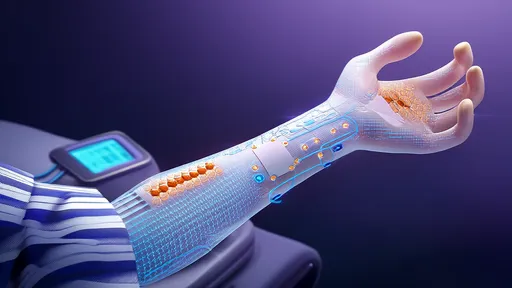
By /Jul 22, 2025

By /Jul 22, 2025

By /Jul 22, 2025
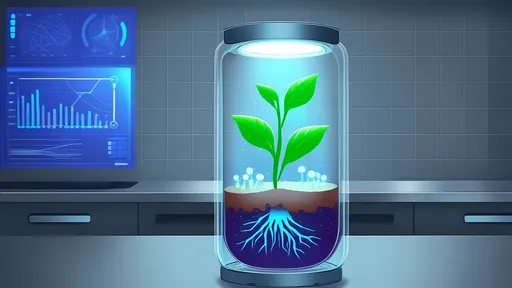
By /Jul 22, 2025

By /Jul 22, 2025

By /Jul 22, 2025

By /Jul 22, 2025
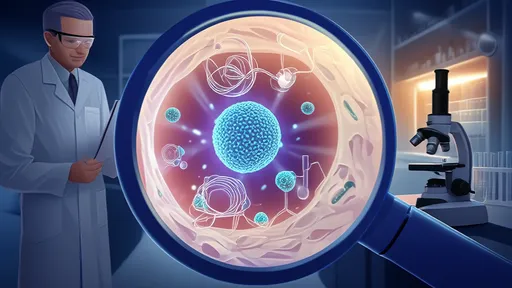
By /Jul 22, 2025
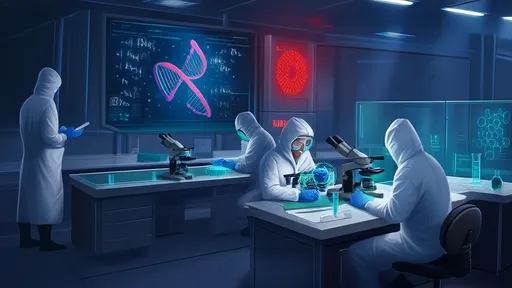
By /Jul 22, 2025

By /Jul 22, 2025
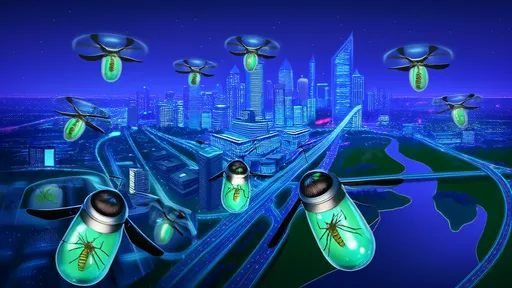
By /Jul 22, 2025
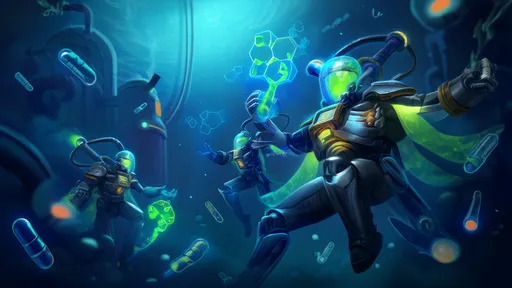
By /Jul 22, 2025
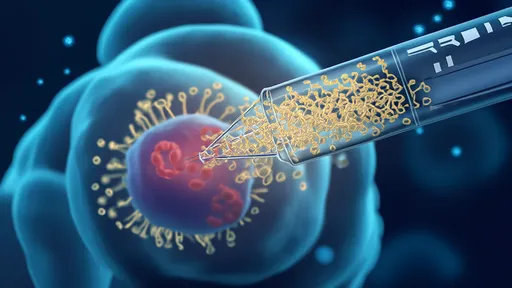
By /Jul 22, 2025
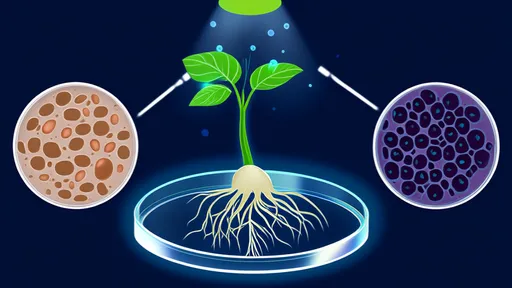
By /Jul 22, 2025
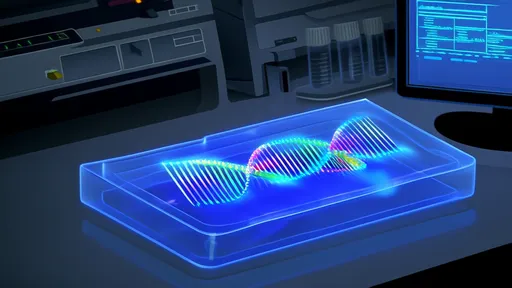
By /Jul 22, 2025

By /Jul 22, 2025

By /Jul 22, 2025